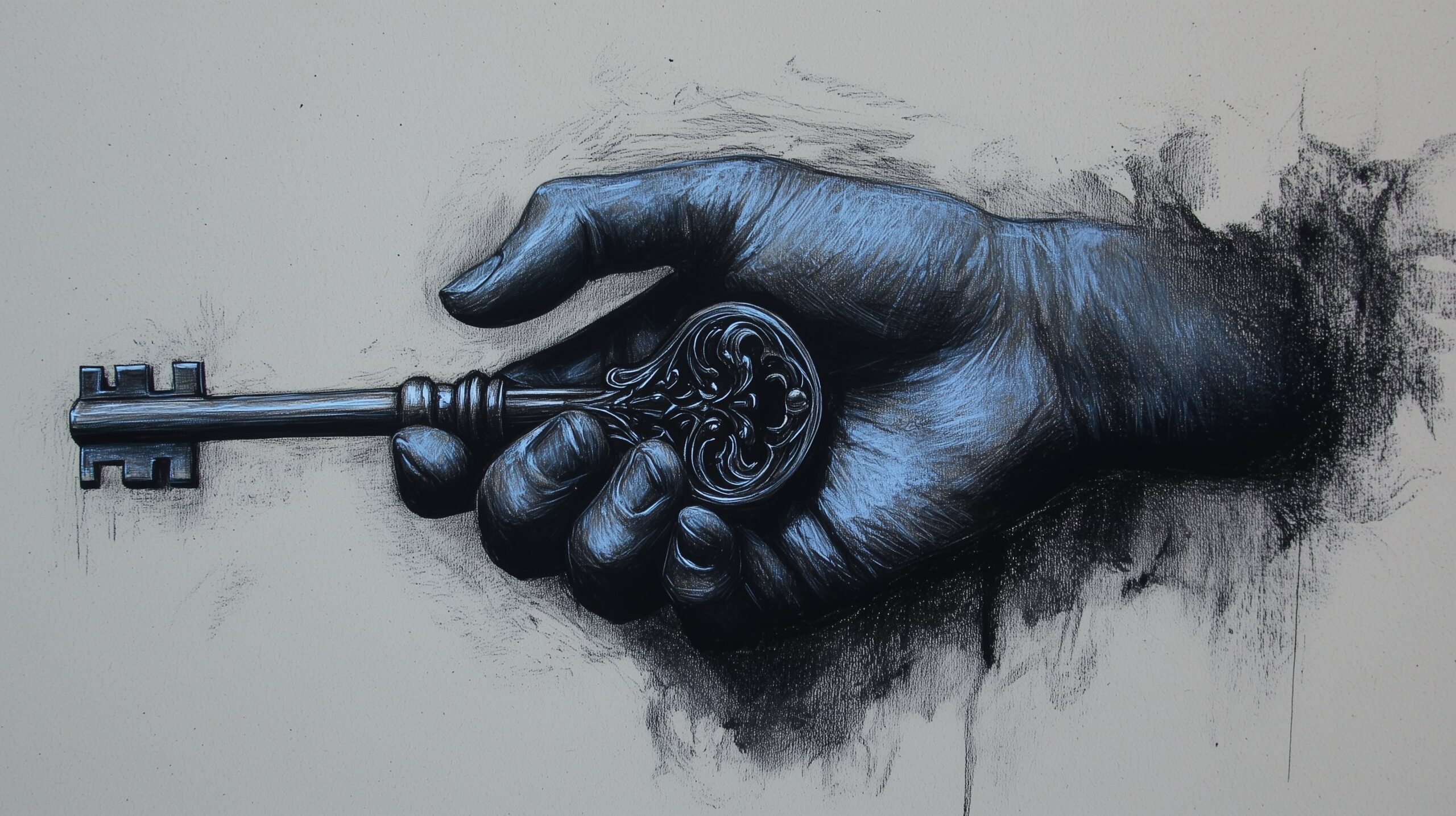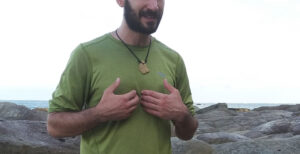Indeed—pain is inevitable, but suffering is optional.
And it’s worth understanding this, because then we can reduce suffering, make peace with pain, and experience a more pleasant life.
Unavoidable Pain
Our bodies are wired to feel pain; it’s their way of asking for attention, and it helps us understand life as human beings more deeply.
There are pains we all experience, like the ache of emerging teeth. There are pains almost everyone feels, like headaches or stomachaches signaling unmet bodily needs.
But the experience of suffering varies greatly from one person to another.
Suffering Isn’t Necessary
Why do some people barely suffer in their lives while others suffer immensely?
The experience of suffering stems from resisting reality. When something happens and we refuse to accept it. Whether we avoid acknowledging that something or we attempt to make it stop immediately, we’ll experience a degree of suffering that’s proportional to the effort we invest in resisting.
The Dynamics of Pain and Suffering
For example, if we didn’t get the job we wanted, or the woman (or man) we want is not interested in us—it hurts; it’s emotional pain.
This pain can turn into prolonged suffering if we think we know that the job (or the person) was right for us and a mistake has been made, and it’s unfair.
But it can also be experienced as a light and brief pain, almost unnoticeable, If feeling the sting when the door closed in my face made us accept that this job isn’t really for us. At least not at this moment.
Then we can also become curious and ask ourselves why what we wanted isn’t right at this moment. Not because understanding will allow us to change it—that kind of thinking means we’re still clinging to the illusion that a mistake occurred, hence we must currently experience suffering. But because reality is always the truth, and we can learn from it.
Once we’re able to understand why there was a gap between desire and truth—which can sometimes take time—learning happens, and awareness expands. Expanding awareness means getting closer to the truth. Getting closer to the truth means living more harmonious, happier, and more fulfilling lives.
Unresolved Suffering Leads to Trauma
When we cling to the idea that a mistake happened, when we don’t believe that reality is beautiful and benevolent but that an injustice was done, and we don’t resolve this conflict between us and reality, then the conflict continues to live within us—even if we’ve stopped thinking about it or even forgotten it happened. This state is what we call “trauma.”
Suffering Calls Us to Reclaim Responsibility for Our Lives
Paradoxically, the more we agree to recognize reality as the truth of this moment, the more we’re able to change it. To open a locked door, we must acknowledge that it’s locked; otherwise, we won’t look for the key. Another thing necessary for us to search for the key is the knowledge that we create our reality—that it’s possible for us to open the door.
There’s a direct connection between suffering and perceiving oneself as a victim of the circumstances. The way to stop suffering is to recognize that we create reality, whether consciously or unconsciously.
Victim Consciousness and Master Consciousness
The shift from a victim mentality to one of ownership and creation isn’t a change of thought but a change of perspective.
If we believe there’s the world and there’s us, separately, and if the world is a cold, unfeeling jungle, then we’re powerless and at its mercy.
But if the world and us are one, if our being is the source of our external experience, and our thoughts shape our being, then we are a master—a creator of reality.
Want to receive support from me in transitioning from victim consciousness to creator consciousness? Contact me



